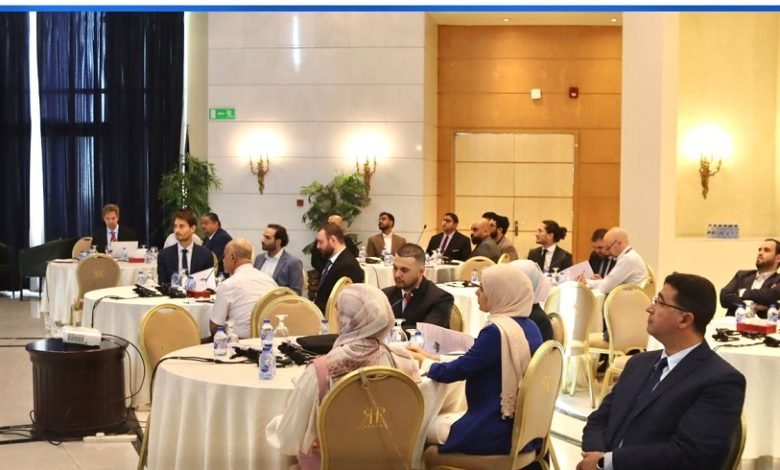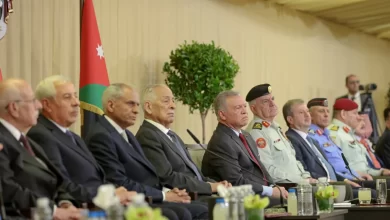
Jordan Daily – The Ministry of Energy and Mineral Resources (MEMR) participated in a workshop on Tuesday titled “Industrial Resilience – International Best Practices,” organized by the Royal Scientific Society’s National Energy Research Center in collaboration with consulting firm Guidehouse Energy. The event focused on industrial resilience and international best practices in this area.
Omar Al-Rousan, a representative of the Ministry of Energy and Mineral Resources and a member of the national expert committee for the MENALINKS project, highlighted Jordan’s progress in renewable energy. By the end of 2023, the country had installed 2.7 gigawatts of clean energy capacity, primarily from solar and wind sources.
Al-Rousan noted that clean energy now accounts for 14% of Jordan’s total energy mix and contributes approximately 26% to the national electricity grid. The kingdom aims to increase the share of renewable energy to more than 31% of its total electricity demand by 2030.
Despite these achievements, Al-Rousan acknowledged that Jordan faces challenges related to the variability of renewable energy sources, as well as electricity consumption patterns and demand. These issues affect the grid’s capacity to integrate more clean energy.
He also emphasized the importance of the MENALINKS project, which seeks to support the electricity sector by exploring innovative solutions to enhance grid resilience, including effective demand management.
Al-Rousan pointed out that the time-of-use electricity tariff currently in place helps collect reliable data on sectoral responses to price fluctuations throughout the day, aiding in the design of future pricing policies in Jordan.
The ministry is looking forward to MENALINKS’ contributions toward decarbonization efforts and expressed full readiness to collaborate to ensure the project’s success.
The workshop also focused on Jordan’s industrial sector, the energy system, and consumption patterns in industrial zones. Participants reviewed international best practices for improving resilience in industries such as mining, steel, plastics, chemicals, cement, and food production.
The MENALINKS project aims to support ambitious renewable energy initiatives and integrate them into other sectors like transport, industry, and heating, creating a more sustainable and interconnected energy system.

